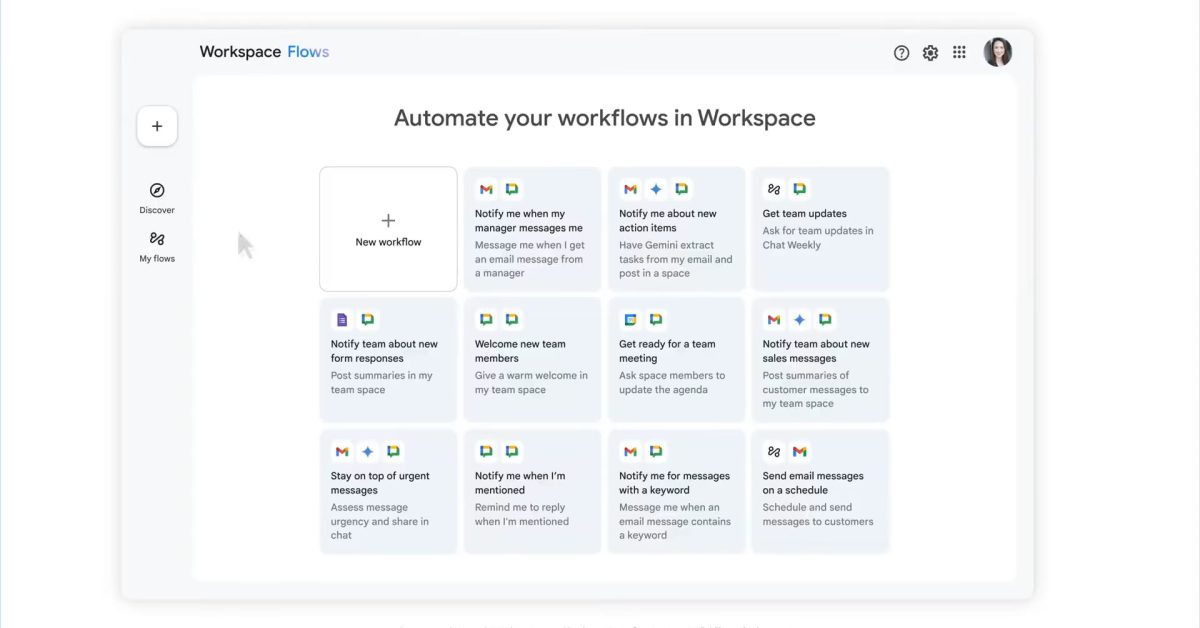
google wallet adding new purchase and pass Google Wallet is set to enhance user experience by introducing new personalization settings aimed at providing tailored recommendations based on users’ purchase and pass history.
google wallet adding new purchase and pass
Overview of Google Wallet’s New Features
As digital wallets continue to evolve, Google Wallet is making strides to improve its functionality and user engagement. The upcoming personalization settings will allow users to receive customized recommendations, enhancing the overall utility of the app. This move aligns with the growing trend of personalization in digital services, where companies leverage user data to offer more relevant and engaging experiences.
Understanding Purchase and Pass History
The concept of “purchase and pass” history refers to the data collected from users’ transactions and passes stored within Google Wallet. This includes not only financial transactions but also loyalty cards, event tickets, and travel passes. By analyzing this data, Google aims to provide insights and recommendations that are more aligned with individual user preferences.
For instance, if a user frequently purchases coffee from a particular café, Google Wallet might suggest promotions or loyalty rewards from that establishment. Similarly, if a user often travels to specific destinations, the app could recommend travel-related services or offers that enhance the travel experience.
Implications of Personalization
The introduction of personalized recommendations in Google Wallet has several implications for users and businesses alike. For users, the ability to receive tailored suggestions can lead to a more streamlined and efficient experience. Instead of sifting through generic offers, users can benefit from relevant promotions that resonate with their habits and preferences.
Enhanced User Engagement
Personalization can significantly enhance user engagement. When users feel that an app understands their preferences, they are more likely to interact with it regularly. This increased engagement can lead to higher usage rates, making Google Wallet a more integral part of users’ daily lives.
Benefits for Businesses
For businesses, personalized recommendations can drive customer loyalty and increase sales. By reaching out to users with offers that match their interests, companies can improve conversion rates. For example, a local restaurant could use Google Wallet’s insights to target users who frequently dine out, offering them exclusive discounts or promotions.
Stakeholder Reactions
The announcement of these new personalization settings has garnered attention from various stakeholders, including users, businesses, and privacy advocates. While many users express excitement about the potential for tailored recommendations, concerns about data privacy and security remain prevalent.
User Enthusiasm
Many users have welcomed the news, expressing enthusiasm for the prospect of receiving more relevant offers. Social media platforms have seen a surge in discussions about how personalized recommendations could enhance the shopping experience. Users appreciate the idea of having their preferences recognized and catered to, which could lead to a more satisfying interaction with the app.
Business Perspectives
Businesses are also optimistic about the new features. Marketing professionals recognize the potential for increased customer engagement and loyalty. By leveraging the data provided by Google Wallet, businesses can craft targeted marketing strategies that resonate with their audience. This could lead to a more efficient allocation of marketing resources and improved return on investment.
Privacy Concerns
Despite the positive reactions, privacy advocates have raised concerns regarding the collection and use of personal data. The effectiveness of personalized recommendations relies heavily on user data, which raises questions about how this information is stored, used, and protected. Users are increasingly aware of their digital footprints and may be hesitant to share their data, fearing misuse or breaches.
Google’s Approach to Data Privacy
In response to privacy concerns, Google has emphasized its commitment to data security and user privacy. The company has implemented various measures to ensure that user data is handled responsibly. This includes encryption, anonymization, and providing users with control over their data.
User Control and Transparency
Google Wallet users will have the ability to manage their data preferences, allowing them to opt-in or opt-out of certain features. This transparency is crucial in building trust with users, as it empowers them to make informed decisions about their data. Google has also stated that it will provide clear information on how user data is utilized, ensuring that users are aware of the benefits and implications of sharing their information.
Future of Personalization in Digital Wallets
The introduction of personalized recommendations in Google Wallet is a significant step forward in the evolution of digital wallets. As technology continues to advance, the potential for personalization will only grow. Other digital wallet providers may follow suit, leading to a competitive landscape where personalization becomes a standard feature.
Potential for AI Integration
Looking ahead, the integration of artificial intelligence (AI) could further enhance the personalization capabilities of digital wallets. AI algorithms can analyze vast amounts of data to identify patterns and trends, allowing for even more precise recommendations. For example, AI could predict a user’s purchasing behavior based on historical data, offering suggestions before the user even realizes they need them.
Broader Implications for Retail and E-commerce
The shift towards personalization in digital wallets could have broader implications for the retail and e-commerce sectors. As consumers become accustomed to receiving tailored recommendations, businesses may need to adapt their marketing strategies to remain competitive. This could lead to a more dynamic and responsive retail environment, where businesses leverage data to meet consumer demands effectively.
Conclusion
Google Wallet’s upcoming personalization settings represent a significant advancement in the realm of digital payments and user experience. By providing tailored recommendations based on purchase and pass history, Google aims to enhance user engagement and satisfaction. While the potential benefits for users and businesses are substantial, it is essential to address privacy concerns to ensure that users feel secure in sharing their data. As the landscape of digital wallets continues to evolve, the emphasis on personalization is likely to shape the future of consumer interactions with technology.
Source: Original report
Was this helpful?
Last Modified: November 8, 2025 at 10:39 am
0 views















